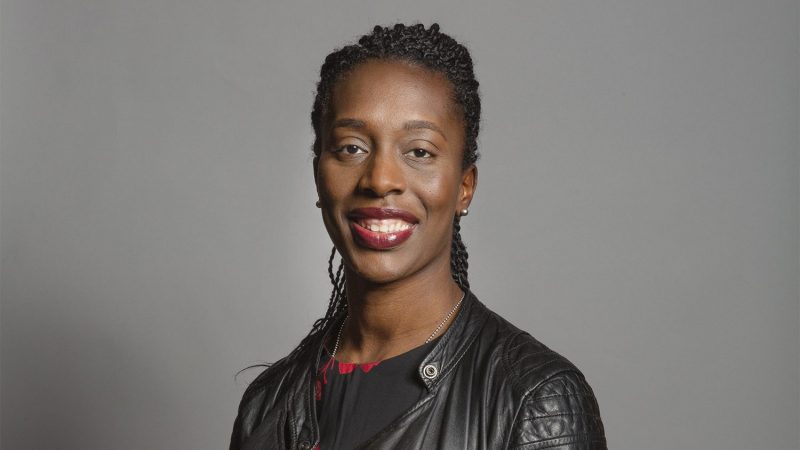
Nations around the world unite today in remembering the millions of lives tragically cut short due to the HIV/AIDS epidemic. It is also a day to step up efforts in the fight against HIV.
Right from the start of the epidemic, the rallying call for action on HIV has been led by some of the most marginalised groups in society. Gay men, Black trans women, migrants and people of colour, to name just a few, demanded the world woke up to this crisis when many governments chose to look the other way.
I’m proud that it was the Labour Party that stood in solidarity with many of these campaigns, including the condemnation of the pernicious Section 28 legislation that banned the teaching of LGBT+ issues in schools – something we would later overturn in government.
We’ve made big progress in the fight against HIV in the UK since the dark days of the epidemic. New cases of HIV have fallen by over a third in the last five years, with diagnoses among gay and bisexual men nearly halved. The extraordinary advances in HIV treatment now mean the majority of people living with HIV can now expect a normal life expectancy and even more remarkably can’t pass on the virus.
But that same progress in reducing transmissions isn’t being felt across all groups. Diagnoses among women – who account for a third of all people living with HIV – only fell by 4% in 2019, compared to 10% across the general population. Almost half of new HIV diagnoses among heterosexuals in the UK are among Black African men and women – despite making up less than 2% of the British population. These communities are less likely to access the anti-HIV drug, PrEP, which finally became routinely available on the NHS after the government shamelessly dithered and delayed.
The Office for National Statistics published figures in 2019 showing the gap between rich and poor people in healthy life expectancy is widening in England. Despite this clear warning signal, consecutive Tory governments have chosen instead to slash money available for local councils to deliver frontline services such as sexual health clinics. Since 2014, more than £700m has been stripped from public health budgets.
That’s why I welcome today’s publication of the national HIV Commission’s report to the government on how to end new HIV transmissions by 2030. The Commission makes clear that without rooting out structural and societal inequalities, we risk missing this potentially once-in-a-generation opportunity. These structural and societal inequalities are compounded for people living with HIV by pernicious stigma and blatant discrimination.
Because it is not science that risks holding us back in the fight against HIV – it is some of the most marginalised groups being left behind due to the rising inequalities that this government has presided over. The report provides us with a roadmap on what we need to do when Labour is in government. But until then, we will hold the government’s feet to the fire. Here’s what the government can do right now.
All groups who can benefit from PrEP need to know about it so they can access it. Local services need proper funding so they can engage with communities at risk of HIV and roll out routine HIV testing. And all schools need to have the resources so they can deliver quality relationships and sex education that includes up-to-date information about HIV.
We are the party of social justice and equalities, and we have to be ambitious to become the first country in the world to end new cases of HIV. Let’s get to work.




More from LabourList
‘Labour council candidates – it’s tough, but all is not lost’
‘Labour won’t stop the far right by changing leaders — only by proving what the left can deliver’
‘Cutting Welsh university funding would be economic vandalism, not reform’